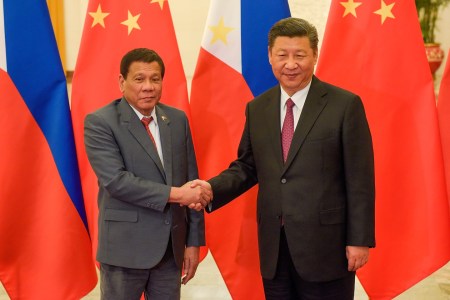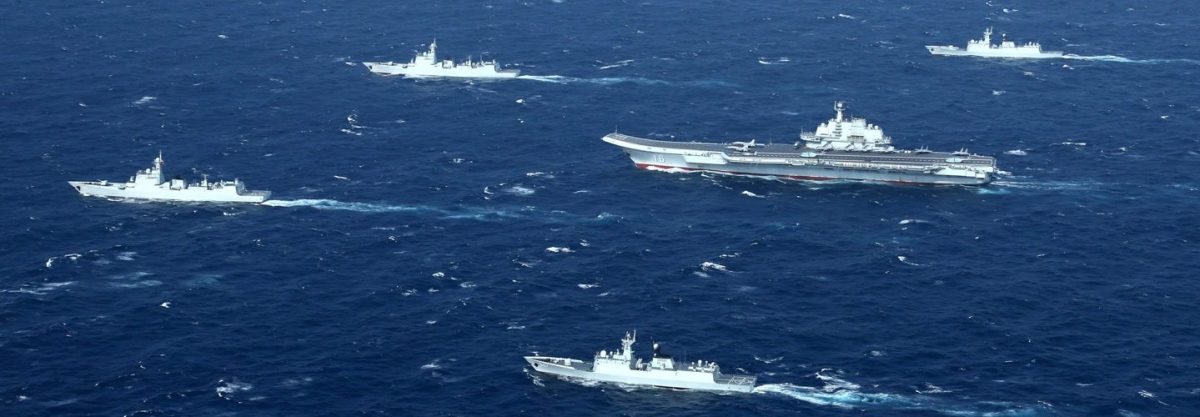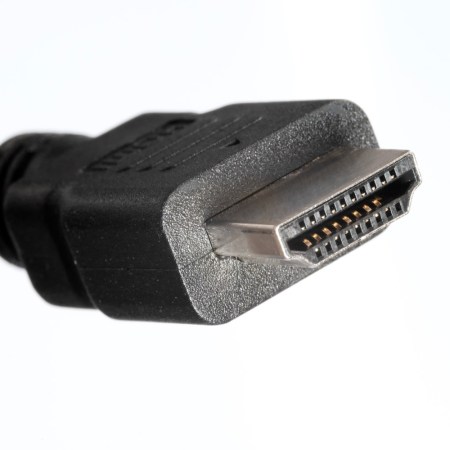Lincoln Davidson is an Ergo analyst specializing in the political, economic, and security dynamics of East Asia. Before joining Ergo, he researched cybersecurity policy and US-China relations at the Council on Foreign Relations.
Amid worries about North Korea’s rapidly-advancing nuclear program and concerns about who will replace ISIS in Iraq and Syria as the terrorist group is gradually destroyed, it’s easy to overlook the long-simmering conflict in the South China Sea.
That region, though, looms as just as much of a potential flashpoint for a major conflict.
Over the last few years, the Chinese government has moved boldly in the sea, which it claims as an integral part of China, turning underwater reefs into islands complete with runways for military aircraft, lodging for People’s Liberation Army soldiers, and missile defense systems that pose a major threat to U.S. military operations in the region.
The South China Sea dispute is often framed as a showdown between the United States and China—and given the uncertainty surrounding President Trump’s policy toward China, it’s unclear how this dispute may develop over the next few years. But there’s someone else who’s taking an even more unorthodox approach to China: Rodrigo Duterte, the president of the Philippines.
On this side of the Pacific, President Trump is surrounded by voices sounding the alarm over potential confrontation with China in the South China Sea. Just last year, Steve Bannon predicted that “we’re going to war in the South China Sea in five to ten years. There’s no doubt about that.” The day before the 2016 election, Trump advisors Alex Gray and Peter Navarro argued that Trump would pursue a strategy of “peace through strength” when facing China. Just last weekend, Secretary of Defense James Mattis said that the United States opposes “countries militarizing artificial islands” and “will not accept unilateral, coercive changes to the status quo” in the South China Sea.

And the president himself appears to favor countering Chinese expansion in the South China Sea, complaining that “we have rebuilt China and yet they will go in the South China Sea and build a military fortress the likes of which perhaps the world has not seen.”
But the actions of Duterte over the next few months make him the real wild card in the region and could have major implications for how the conflict plays out for years to come:
Anti-Americanism informs Duterte’s foreign policy: Duterte has said he has a “hatred” for the United States, stemming in part from past U.S. colonial rule of the Philippines. His view, explained by his foreign affairs secretary last year, is that the United States has continually forced “Filipinos into submission to American demands and interests” while offering a sham mutual defense treaty in return. Those views are amplified by a personal edge to Duterte’s anti-Americanism as well: he was denied a U.S. visa more than a decade ago, while mayor of Davao City, and he suspects U.S. government involvement in a bombing—and subsequent coverup—that took place in Davao while he led the city.
Duterte is pursuing a restart in relations with China: When he came to office, China-Philippines relations were at an all-time low. The previous Filipino administration had brought a case against China in a United Nations tribunal, accusing the Chinese government of illegally occupying islands, rocks, and reefs in the South China Sea that belonged to the Philippines. In July 2016, that tribunal ruled in favor of the Philippines, declaring that “there was no legal basis” for China’s claims. Since then, however, Duterte has largely ignored the ruling. He has visited Beijing twice, relaunching a series of meetings on cooperation opportunities that had been defunct for 5 years, and initiating the Philippines’ first direct dialogue with China about the South China Sea dispute.
Duterte is a smart politician: Duterte may dislike the United States, but that doesn’t mean he’s automatically friendly towards China, or willing to blindly pursue any policy that opposes American interests. Rather, he’s a canny operator who’s happy to play the United States and China off each other to advance his policy agenda. And his main policy goal—beyond an aggressive campaign against illegal drugs—is to expand investment in the Philippines’ infrastructure to more than 5 percent of GDP annually (it’s currently hovering around 2 percent).
To achieve this goal, Duterte has already reached out to the Chinese government for funding to support his ambitious infrastructure program. During a state visit to Beijing last fall, the two governments signed agreements to explore $24 billion worth of investment and loan deals, primarily aimed at infrastructure projects in the Philippines.
In many ways, this seems to be a sensible choice for the Philippines: Faced with a White House administration that has shown wavering support, at best, for America’s traditional alliances, Duterte is choosing to turn to a source, in his perception, of reliable help—China. That help could come at a steep cost, however, as the Chinese government has frequently used its financial clout to win over allies in the developing world.
If Duterte decides that Chinese funding for his infrastructure projects is more valuable to the Philippines than a few rocks in the middle of the ocean, he could lead the Philippines to drop its claims to disputed territories in the South China Sea in exchange for Chinese aid. If that happened, it would move China one step closer to having undisputed control of the sea and enable an even more aggressive Chinese military posture in the region.
By poking a hole in the United States’ defensive perimeter that runs from the Philippines, through Taiwan and Japan, and up to South Korea, Beijing puts pressure on the White House for a response. How far the détente deteriorates will depend a lot on how Duterte decides to act.
Ergo delivers frontline intelligence on critical issues across the globe. Ergo supplies “ground truth” that others can’t access by tapping into a range of unique data streams, including a proprietary network of well-placed in-country assets. Leading investors, Fortune 500 corporations, law firms, and the US and allied governments rely on Ergo to stay ahead of markets, headlines, and competitors. Harvard Business Review said Ergo is “breaking from industry orthodoxy” with a “radically new model” of consulting. Click here to find out more about Ergo.
This article was featured in the InsideHook newsletter. Sign up now.
























